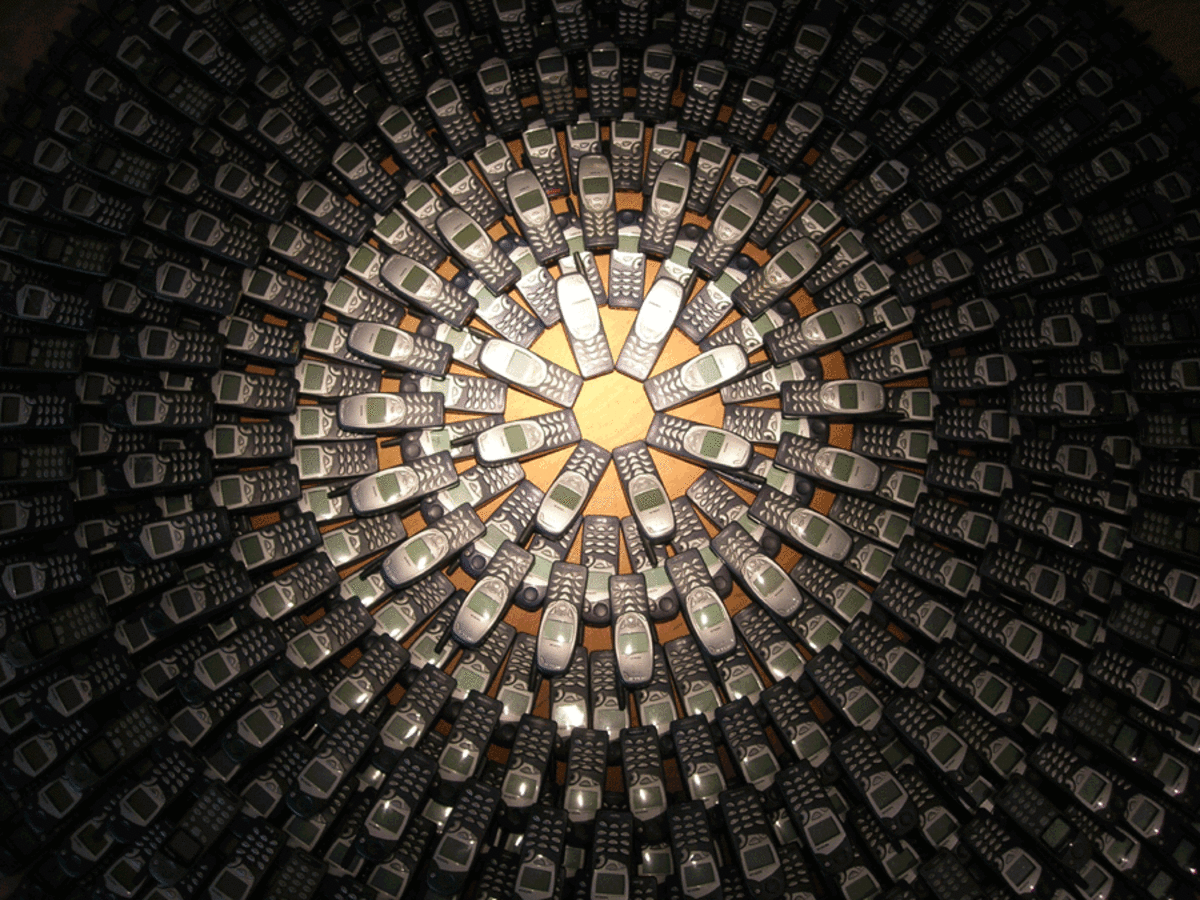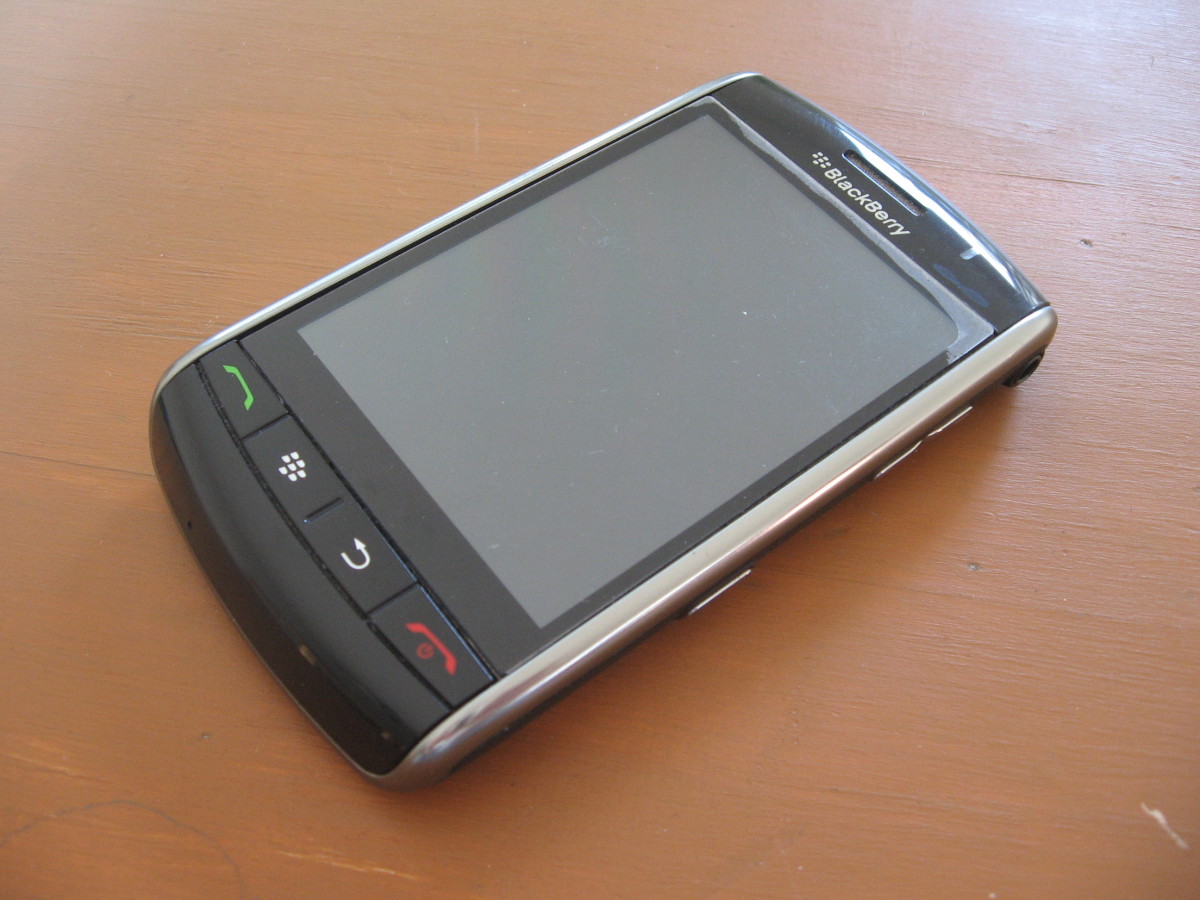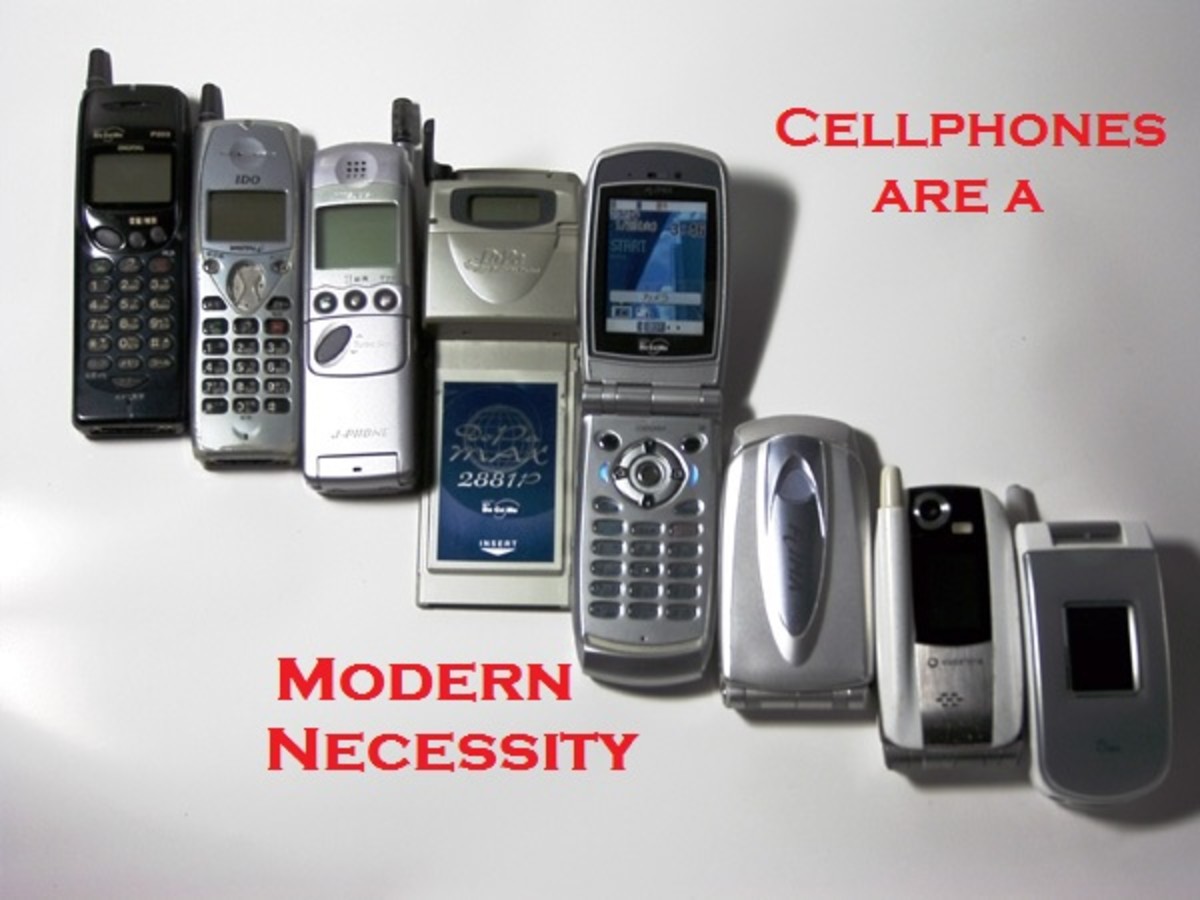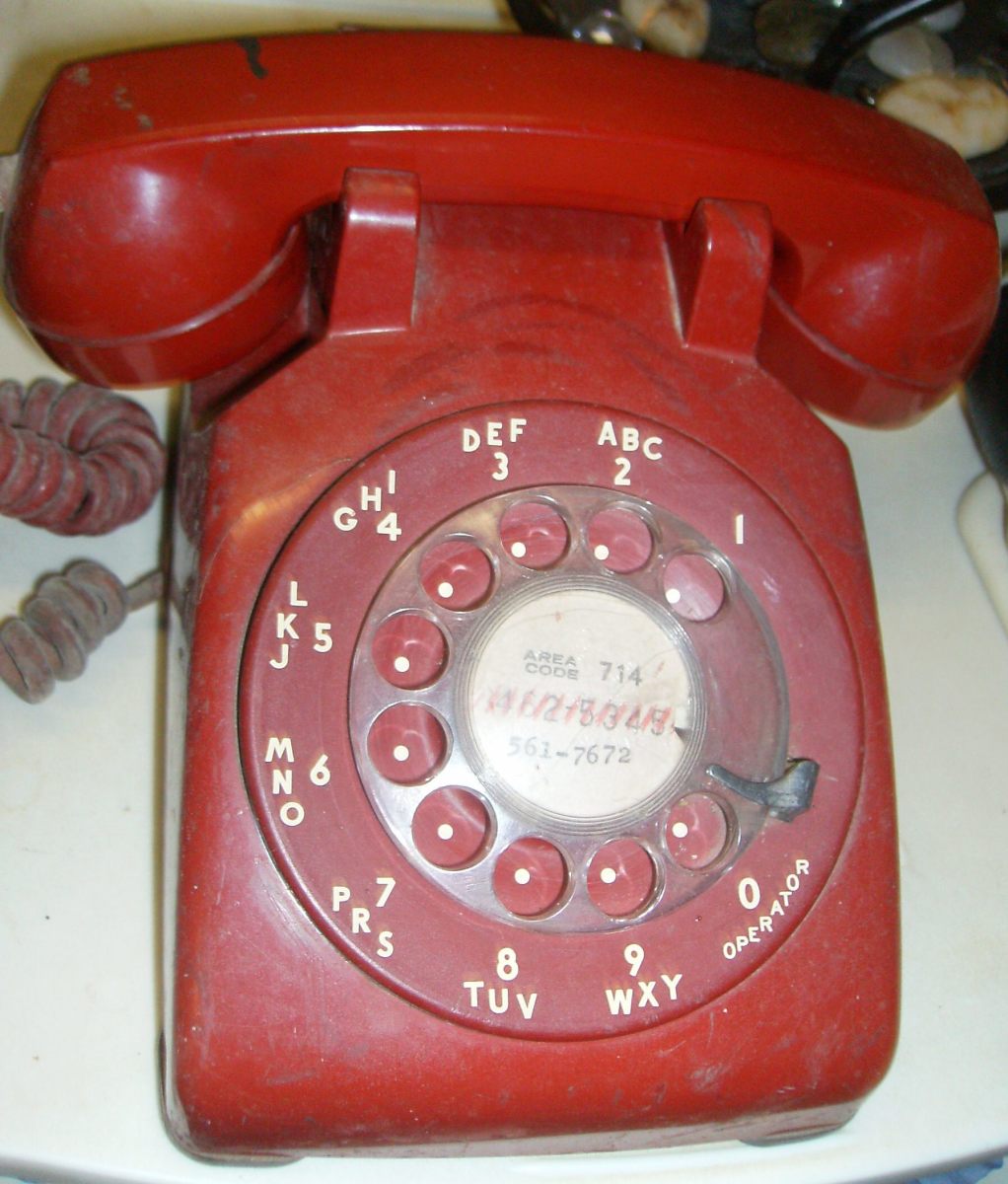Should Mobile Phones Be Allowed in Prisons?
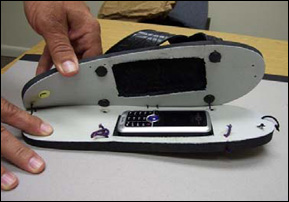
Prison Confinement
Illegal cellphone use in prisons around the world calls for a new definition of confinement, incarceration, detention or any other reference to jail.
Being confined means the use of force. Children are sent to their rooms if they refuse to behave.
That might not be effective in the year 2015 because that would give them more air miles on their smart phones, undisturbed.
That is parental force. Governments also wield force via the judicial system. In G8 and Commonwealth countries, a crime is committed. Someone is detained. Bail may or may not be granted. A trial takes place.
A guilty verdict leads to a judgement that involves confinement to a particular space (usually rent-free) for a particular period, two years or life.
A worst case scenario is the government killing you, if you live in states that have the death penalty such as high tech California, and former slave states such as Alabama, Georgia, Louisiana, Mississippi, South Carolina and North Carolina.
There are 32 U.S. states that still have the death penalty. Not Michigan, where it was abolished in 1846.
Confinement leads to loss of privileges that we take for granted, like calling friends and enemies on the little gadgets called mobile or cell phones.
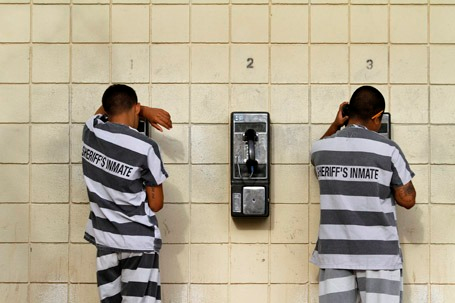
Landline Phones in Prisons
Some prisoners, with the help of family and prison guards are able to have cell phones, but the majority of inmates still rely on phones mounted on prison walls. We have seen hundreds of movies where they line up to use one or two prison phones.
In the 03 August 2014 article, the Prison Observatory released an update on the United Kingdom prison system.
-
England and Wales = 130 prisons
-
Scotland = 16 prisons
-
Northern Ireland = 3 prisons
The only way to phone people from prison is by going to one of the public phones in the corridor or wing, which are operated using a special PIN number. This system has several hurdles, including that prisoners have to be authorised to call any number: the system only works on the basis of cleared numbers. Prisoners have been known to wait for weeks before being authorised to make a call. Source Prison Observatory Website.
Privacy
This basically summarises what happens in most prisons. Inmates are back in boarding school where there was a time and place for everything, including making outside calls.
Cellphone use in prisons gives inmates something they lost when they were confined for their crimes: privacy. Cellphones and the internet are now regarded as siblings, but there was a time when cellphones did not have the internet.
Blackberry might be having problems in Canada and the U.S. but it makes money hand over fist in Africa because of its cheap internet option. This makes it possible for teenagers in rural South Africa and Nigeria to be on Facebook, have e-mail, or do online research for their homework.
The internet is a plus, but cellphones are about the independence to make and receive calls. There is no father or sister knowing your business.
Technology improves every month, making it easier to transfer all contacts to your new phone, and distinguishing calls by having special ringtones for your wife, boss, investment banker, music producer or someone you owe money.
You don’t have that ringtone option in prison because you are not supposed to have a cell phone in the first place. How does it ring in prison, on vibration? You are up against that wall, advertising your problems to all the other inmates waiting to use the phone.
http://nonqaba-cinemamytake.blogspot.ca/2014/05/ringtones-status-symbols.html
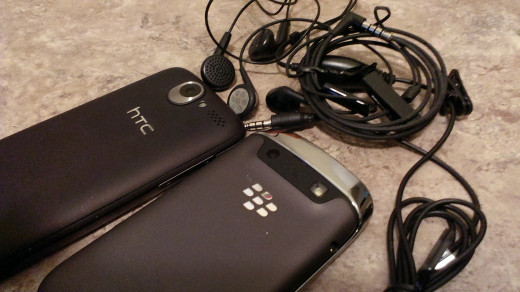
Smuggling Cell Phones
Smuggling contraband stuff into prisons is not something new. Where there is a will, there is a way, especially for people in confinement for a very long time. This Associated Press article found in News O.K. summarises how cell phones find their way into prisons.
They are hidden in babies' diapers, ramen noodle soup packages, footballs, soda cans and even body cavities. Not drugs or weapons, but cellphones. They're becoming a growing problem in prisons across the country as they are used to make threats, plan escapes and for inmates to continue to make money from illegal activity even while behind bars.
http://newsok.com/prisoners-use-of-smuggled-cellphones-on-the-rise/article/feed/651956
I have never believed the storyline in old Hollywood movies where a Mafia don controls a whole illegal empire from his prison cell. Bollywood, as a sister to Hollywood also has a slew of such films.
Newer movies such as The Bourne Ultimatum starring Matt Damon and Édgar Filiberto Ramírez Arellano, have long cell phone scenes.
The prison system’s primary fear is that cellphones are used for further illegal activities. Ironic isn’t it? Inmates are behind bars to mend their ways. That is why prisons are elegantly called Correctional Services.
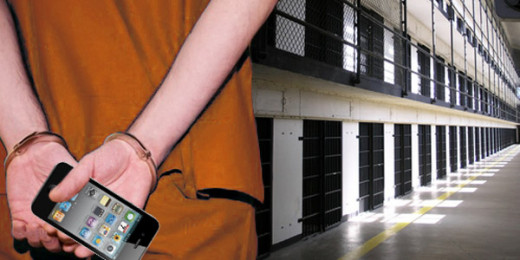
Cell Phone Jamming
Correctional Services institutions have a difficult time policing the use of contraband cell phones because they don’t control networks. If I can make and receive calls in my area, inmates in the prison in my town can also do so.
For a cellphone network to work properly, areas are divided into “cells.” Within the cell is a cell site, usually near the centre. Each cell site contains an antenna installation, usually on top of a tower, building or other tall structure, and your call automatically goes to the nearest one as you move about. In an area where there are many cellphone users, more cell sites are required. Source: Industry Canada Website.
Some countries have tried jamming, so that cellphones cannot do what they are supposed to do i.e. make calls, but there are concerns that it will interfere with how a cell site works.
Companies that have invested in cellphone jamming technologies do not agree. Their marketing strategy is that the jamming gadgets are confined to a particular area and will not affect people using legally obtained cell phones.
There is also a legal issue. Is cell phone jamming illegal? The answer will depend on a country’s telecommunications law.
Future Open Cell Phone Use in Prisons
Statistics from around the world indicate that cellphones in prisons are on the rise. Governments are considering jamming because they realise that the problem will not go away.
Most inmates used their minds to commit crime. Nothing will stop them for circumventing cellphone jamming technologies.
Caving in and allowing prisoners to have cell phones openly might result in both good and bad.
-
Illegal activity that is happening right now within prison bars might escalate.
-
There might be safety and disciplinary problems prompted by online information. Such problems might compromise the lives of both inmates and staff.
-
On the positive side, cellphones might encourage inmates to pursue things that interest them in blogs and social networking. Prison libraries reformed many men. Information is now in phones, not library shelves.
-
Inmates might feel less confined when they text or chat with their loved ones on regular basis, leading to good behaviour and a possible pardon.
How will they learn from their crimes if they don’t lose their privileges? One of life’s greatest debates.



